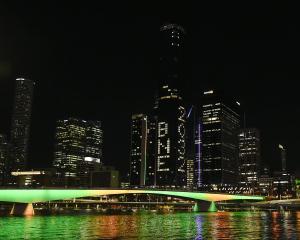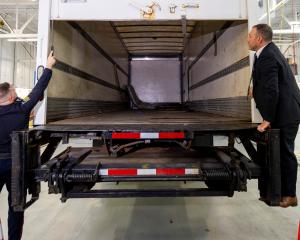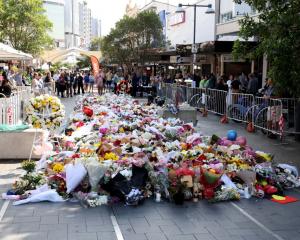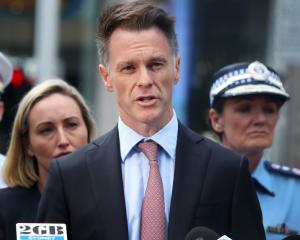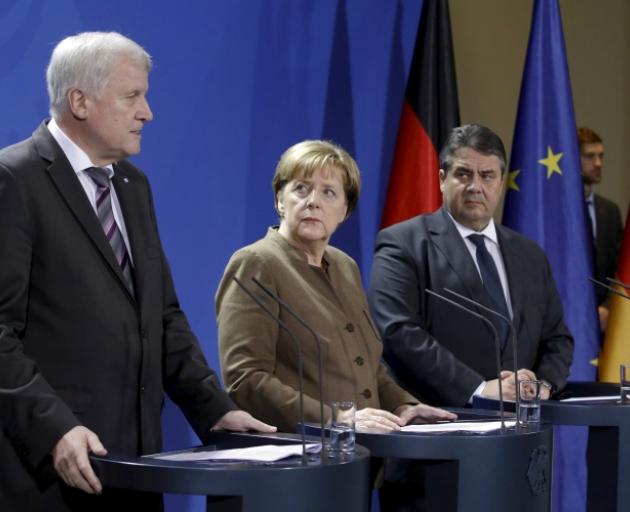
The leaders of Germany's ruling coalition parties, struggling with the biggest influx of migrants in decades, have clinched a deal on how to speed up the asylum process for those with little chance of being allowed to stay.
The agreement on Thursday followed weeks of infighting and came as official figures showed the number of new arrivals in Germany this year had hit almost 800,000 by the end of last month - the total number the government had expected for all of this year.
The crisis has opened a rift in Chancellor Angela Merkel's coalition. The Christian Social Union (CSU), the Bavarian sister party of Merkel's conservatives, have demanded tougher action, while the Social Democrats (SPD) favour a gentler stance.
After failing to fully resolve their differences on Sunday, Merkel said she and the leaders of the CSU and SPD had now agreed to set up special centres for migrants with no solid claim to asylum in Germany.
"Altogether we've made good and important progress," Merkel told a news conference.
The steps include plans for three to five special centres for migrants from countries deemed safe, for those barred from re-entering Germany, those making follow-up asylum applications and people unwilling to cooperate, Merkel said.
Migrants in these centres will be subject to an accelerated asylum process, usually culminating in deportation to their home country. They will only be entitled to social benefits as long as they do not leave the district where they are registered.
The party leaders also agreed to block people without official refugee status from bringing their families to Germany for two years.
'TRANSIT ZONES'
Much of the debate in recent weeks has centred on how to set up the centres to process asylum seekers and what to call them.
In a country where the idea of holding people in large facilities evokes memories of the Nazi era, the debate over "transit zones" has strained the coalition as it struggles to reassure a sceptical public it has a grip on the migrant crisis.
The Interior Ministry said 181,000 migrants had arrived in Germany in October alone, a record for a single month.
Bavaria is bearing the brunt of the refugee arrivals and its ruling CSU has pressed the federal government hard to stem the tide of people fleeing conflicts or poverty.
SPD leader Sigmar Gabriel said he was pleased the coalition had managed to agree on a concept which did not involve setting up ex-territorial centres or zones which evoked a sense of "detention".
Both Merkel and Gabriel stressed the importance of tackling the causes of flight, securing the European Union's external borders and holding talks with Turkey, a key transit country for many migrants heading to Germany.


